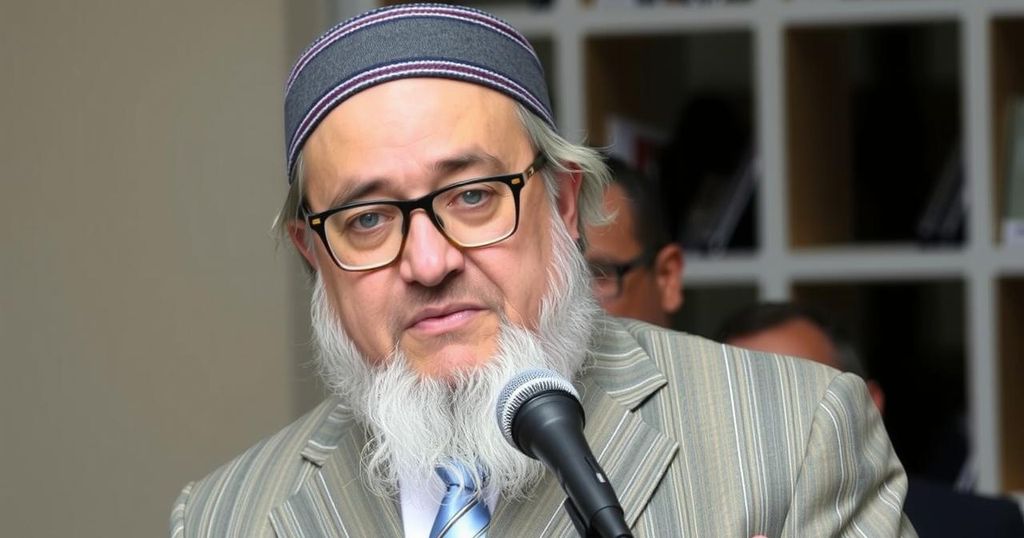Lebanon Moves to Extradite Activist Abdul Rahman al-Qaradawi to UAE

Lebanon’s government has approved the extradition of Egyptian activist Abdul Rahman al-Qaradawi to the UAE, amid concerns from Amnesty International about possible human rights abuses. Al-Qaradawi was arrested in Lebanon after condemning authorities in the UAE, Egypt, and Saudi Arabia. His legal team will appeal the decision, emphasizing risks of torture and unfair trial he may face upon extradition.
The Lebanese government has approved the extradition of Abdul Rahman al-Qaradawi, an Egyptian opposition activist, to the United Arab Emirates (UAE). This decision follows a cabinet vote and comes despite urgent warnings from Amnesty International regarding the potential risks of human rights violations that al-Qaradawi may face upon his extradition. The activist had been arrested on December 28 in Lebanon after returning from Syria, where he had expressed support for the Syrian opposition and criticized the UAE, Egypt, and Saudi Arabia. Amnesty International condemned the government’s action, highlighting that al-Qaradawi’s detention was largely based on his freedom of expression. Al-Qaradawi’s legal team intends to file an appeal to halt the extradition process, as he is reportedly at significant risk of harsh treatment if returned to either the UAE or Egypt.
Abdul Rahman al-Qaradawi is the son of the notable Muslim Brotherhood cleric, Yusuf al-Qaradawi. His recent arrest in Lebanon and the subsequent extradition request from the UAE and Egypt stem from his outspoken criticism of these governments. The context of his activism is framed by the political turbulence following the Syrian civil war and the broader regional dynamics involving countries like Egypt and the UAE. His family has expressed concerns over his safety, underlining the implications for human rights in the region.
In conclusion, the Lebanese government’s decision to extradite Abdul Rahman al-Qaradawi to the UAE has raised significant concerns regarding potential human rights violations he may encounter. The call for his release by international organizations reflects a broader critique of political repression in the Middle East. Al-Qaradawi’s legal representatives plan to challenge the extradition, citing risks of mistreatment, thus highlighting the ongoing debate about the safeguarding of individual freedoms against governmental authority.
Original Source: www.aljazeera.com








